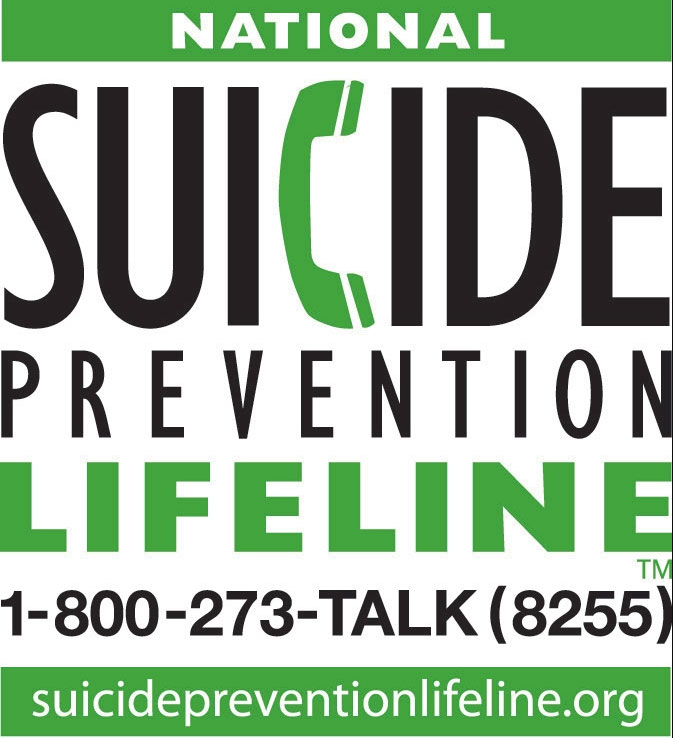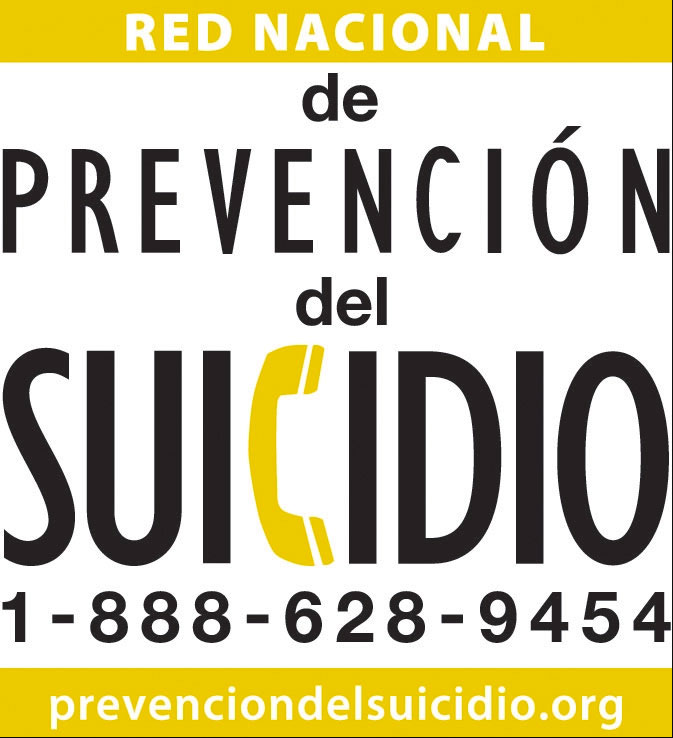Seniors & Caregivers
Seniors
Who is considered a senior? Most developed countries consider people age 65 or older a senior. The emotional problems older adults face are often overlooked, because there is a lack of awareness about the unique needs of this population. Seniors and their loved ones may suffer in ways that could be avoided if they do not receive the mental health services they need.
Problems Seniors Face
The American Society of Consultant Pharmacists reports the following as the most common chronic diseases affecting the elderly:
- Arthritis
- Kidney and bladder problems
- Parkinson’s disease
- Glaucoma
- Lung disease
- Cataracts
- Adult Onset Diabetes
Seniors may also face serious issues such as malnutrition, lack of shelter, boredom, lack of purpose and financial insecurity. Physical health problems may exacerbate mental health issues for seniors. According to the National Council on Aging, “one in four older adults experiences some mental disorder such as depression, anxiety and dementia. This number is expected to double to 15 million by 2030.” The good news is that older adults can recover from depression and anxiety with the same positive outcomes as younger people.
Obstacles to Overcome
Older adults with mental health disorders underutilize mental health treatment more than any other age group. Seniors may believe it’s normal to be depressed and anxious in old age due to the many losses and changes they have experienced. They may have difficulties with transportation and, when they are able to see their primary care physician, they are often misdiagnosed. According to Life Senior Services, “only half of older adults who discuss their mental health symptoms with a physician receive any treatment.”
Solutions for Seniors
Long held stigmas often make people reluctant to talk about mental health issues. Thankfully, there’s a growing awareness regarding the importance and prevalence of mental health issues in all age groups. Many primary care physicians are now beginning to routinely screen for depression in patients.
Each chapter of life provides new opportunities for growth and obstacles to overcome. When older adults are able to receive treatment for depression and anxiety, they are also more likely to stay connected to their families and social activities. Eric Erickson described this final stage of life as having the ability to recognize the virtue of wisdom, and the joy of being able to share what one has learned and accomplished with others. It is possible and important that older adults thrive and enjoy life.
Resources
- Aging Commission of the Mid-south: https://shelbycountytn.gov
- MIFA services for seniors: https://www.mifa.org/seniors
- National Council of Aging: Helping seniors with mental health issues
- Women Rowing North by Mary Pipher
- Being Mortal by Atul Gawande
- The Gift of Years by Joan Chittister
Caregivers
Caregiver Health: A Population at Risk
According to the Family Caregiver Alliance, an estimated 44 million Americans age 18 and older provide unpaid assistance and support to older people and adults with disabilities who live in the community. Evidence shows that most caregivers provide care with little or no support and 1/3 provide that care while suffering from poor health themselves. As the population ages, these issues will become more significant.
The National Alliance for Caregiving reports that the “typical caregiver is a 49-year-old female, currently caring for a 69-year-old female relative who needs care because of a long-term physical condition.” A caregiver is anyone who provides help to another person in need, such as an ill spouse or partner, a disabled child, or an aging relative. Often family members who provide support for relatives do not “self-identify as a caregiver” (Mayo Clinic on Caregiver Stress) due to family expectations and a sense of obligation.
Olivia Ames Hoblitzelle writes in “Ten Thousand Joys & Ten Thousand Sorrows”, she was able to cope with the caretaking role when her husband of 31 years was diagnosed with Alzheimer’s by using all the resources available and finding refuge in writing about this new chapter in the couples’ life. This author had the earlier experience of her mother being diagnosed with Alzheimer’s in the late ‘70s and learned that there was a greater awareness of aging/caregiving issues and resources since then. She also found writing about caregiving and the last stages of her husband’s life to be therapeutic for her knowing that her book would be a resource for many others as well. (The author continues to write on elder issues, conscious aging and spirituality.)
There are many rewards in caregiving. People find caring for a loved one an important value and a role they cherish. One of the greatest challenges though remains managing one’s own responsibilities such as a career and family responsibilities while coping with the physical, emotional and social needs of their loved one. It is common that in the day to day caring that someone can struggle with caregiver stress.
It is important to be aware of the signs of caregiver stress:
- Increased anxiety
- Increased depression
- Too much or too little sleep
- Too much or too little food
- Increased moodiness
- Turning to alcohol or drugs
- Isolation
The following strategies can help increase resilience and self care:
- Regular exercise
- Healthy eating (Eating healthy 80% of the time and 20 % of the time indulging in some favorites)
- Proper sleep hygiene (Experts recommend setting a daily and regular time to go to bed)
- Proper use of your back (so important if you are helping transport your loved one)
- Turning to experts: Geriatric Care Managers, Caregiving Support Groups
- Getting Respite on a regular basis (Home Assistance, Adult Day programs)
- Regular practice of Mindfulness (supported by a therapist and/or Mindfulness group)
- Regular time with your own counselor and visits with your own physician
- Stay connected with family and friends
We all need to recognize the importance of caregivers and their daily struggles. Being present to these ordinary heroes and heroines among us and offering to lend a hand to them can make a tremendous difference.
Further resources:
“Ten Thousand Joys and Ten Thousand Sorrows” by Olivia Ames Hoblitzelle
“Carrying for a Loved One with Dementia” by Marguerite Manteau – Rao, LCSW
“Caregiver Defined” by Michael Fortuna



